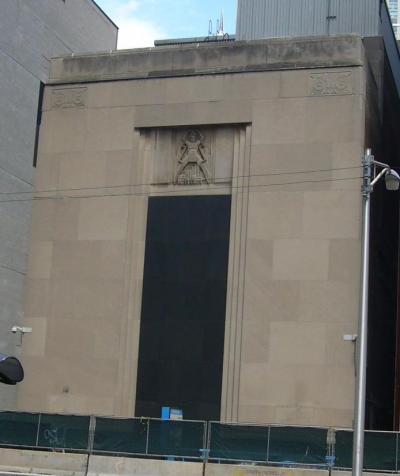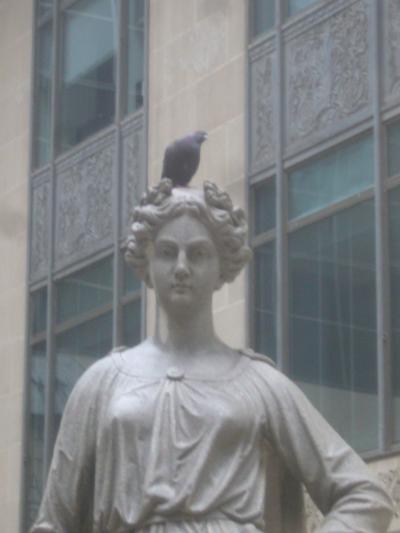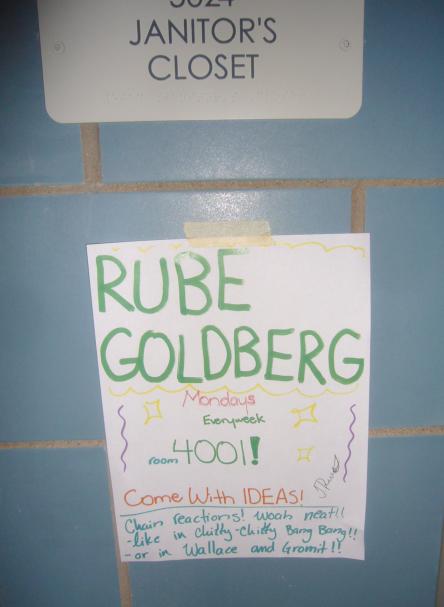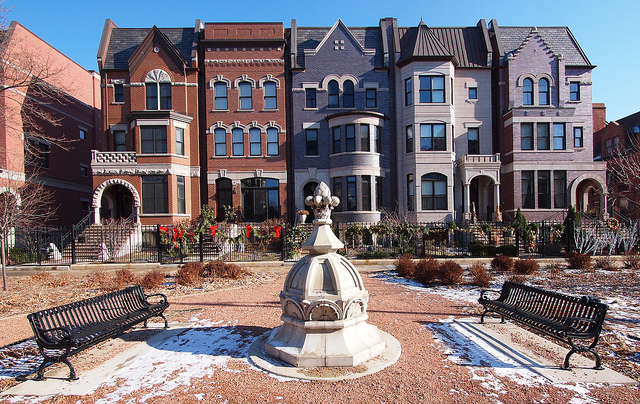You are welcome to attend the first session, on Wednesday May 7 6PM, at no charge and without committing to enroll. Instructor Bob Jene will provide an overview of and introduction to the course. At the conclusion you may choose to enroll ($25 fee), or pass up this opportunity (There will be another chance next term, and more thereafter.) More about Progress & Poverty
You are welcome to attend the first session, on Wednesday May 7 6PM, at no charge and without committing to enroll. Instructor Bob Jene will provide an overview of and introduction to the course. At the conclusion you may choose to enroll ($25 fee), or pass up this opportunity (There will be another chance next term, and more thereafter.) More about Progress & Poverty

Originating as a field trip for students completing our Progress & Poverty course, this stroll thru downtown Chicago examines some of the ways that average people, and the community as a whole, are deprived of their just earnings. Among other things we’ll see who benefits from the expensive infrastructure and “economic development” projects, how Thomas Jefferson wanted Chicago to fund its public schools, what happens when a well-located building burns down, and how land speculators get productive workers to pay their taxes. Expect to walk about 2 km, maybe we’ll stop for snacks (individual settlement) along the way.
A $10 donation is requested from those who are not recent or current HGS students or donors, but nobody will be excluded due to lack of funds. You can make your donation by credit card here, or bring cash or a check.
Bob Jene will examine the American Monetary Institute’s American Monetary Act, a proposed amendment to the Constitution, and compare it with Henry George’s ideas on money. Steve Zarlenga’s speech in which he shows George’s ideas on money coincide with AMI’s will also be examined and discussed. It will boil down to which is more important, Henry George’s proposed fiscal reform or Zarlenga’s monetary reform.

Originating as a field trip for students completing our Progress & Poverty course, this stroll thru downtown Chicago examines some of the ways that average people, and the community as a whole, are deprived of their just earnings. Among other things we’ll see who benefits from the expensive infrastructure and “economic development” projects, how Thomas Jefferson wanted Chicago to fund its public schools, what happens when a well-located building burns down, and how land speculators get their taxes paid by productive workers. Hardcopy sourced notes will be provided. Expect to walk about 2 km; maybe we’ll stop for snacks (individual settlement) along the way.
A $10 donation is requested from those who are not recent or current HGS students or donors, but nobody will be excluded due to lack of funds. If you have a paypal account, you can make your donation by credit card using the link below, or better yet bring cash or a check.
This is a special presentation for students at DePaul, Loyola, and Dominican Universities. If you meet this requirement and you’re interested in solving the problem of poverty, you’ll get $20 (or a free course voucher if you prefer) by attending this program. RSVP is essential. Others may attend on space-available basis.

Would Rube Goldberg have been able to design a less straightforward system of funding government than the U S Federal income tax? In this presentation, HGS instructor Bob Jene looks at what it costs to collect this revenue. The direct cost to the government of operating the Internal Revenue Service is only a small part, as the burden put on the taxpayer, and the diversion of effort from productive uses, should also be considered.

Bring your own bicycle (or rent a “shared” one from Divvy) and join HGS Instructor Bob Jene for a leisurely roll thru the near south area, including Grant Park, Museum Campus, Central Station, Prairie Avenue, and South Michigan Avenue. Taxpayers spent hundreds of millions for infrastructure and amenities serving these areas, resulting in redevelopment but also higher costs for housing, commercial and even parking spaces. Bob will discuss these effects, who benefits and who pays, and how equity might be improved.

As farmland yields to “higher-value” uses, how (and how well and how inexpensively) will we eat? Bob Jene reviews data from a leading agricultural preservation organization, the American Farmland Trust (AFT). Among other things they buy development rights from landowners to insure continued farming use, and attempt to facilitate community supported agriculture which makes family farms more viable. A Georgist fiscal reform encourages more conservative and productive use of all land and reduces sprawl, thus preventing encroachment on farmland. An alliance with AFT would benefit us both.
How does a Georgist and a futurist evaluate the future of the single tax movement? Learn how futurist techniques can advance the cause. Among the tools employed by futurists, scenarios and projections are considered. This Power Point® and audio presentation is followed by an exercise in scenario building with discussion.
